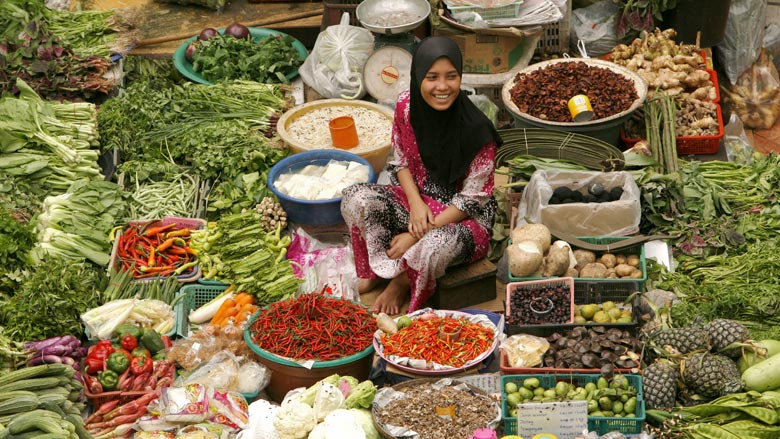Annual Report Financial Year 2024
This FY24 Annual Review Report is the second-to-last document under the OSA 2.0 agreement between the Malaysian Government and the World Bank Group. It highlights the progress of the World Bank Group Inclusive Growth and Sustainable Finance Hub from July 2023 to June 2024, influenced by strategic documents such as the MADANI Economy Framework and the National Energy Transition Roadmap. As the penultimate year for OSA 2.0, preparations for the next phase (2025-2030) have begun.
Annual Report Financial Year 2023
The World Bank Group Inclusive Growth and Sustainable Finance Hub reached the halfway point of ‘OSA 2.0’ – or Office Support Agreement 2.0 – during FY23. Following a successful Annual Review for FY22 in late-June 2022, we aligned our work program with the Government's priorities to provide relevant analytical work and technical assistance (TA) for better policymaking.
Annual Report Financial Year 2022
Amidst the challenges posed by the COVID-19 pandemic, global impacts, and policy changes in Malaysia, the World Bank Group Inclusive Growth and Sustainable Finance Hub adapted its work program to address immediate economic needs while pursuing long-term priorities. The Hub engaged in various activities, such as webinars, advisory services, policy notes, and in-depth reports, to foster inclusive growth and sustainable finance.
Annual Report Financial Year 2021
The 2021 financial year was exceptional for the World Bank Group’s presence in Malaysia. It marked the beginning of our second phase of operations in Malaysia, from 2021 to 2025, as the World Bank Group Inclusive Growth and Sustainable Finance Hub in Malaysia. Our Annual Report looks back at the key highlights and activities undertaken by the Hub in the past year. Please refer to the Annual Report to get to know the Malaysia work program.
Annual Report Financial Year 2020
2020 was a year of transition for the World Bank Group in Kuala Lumpur as it marked the end of its first five-year term. The Hub prepared for its second phase as the World Bank Group Inclusive Growth and Sustainable Finance Hub, responding rapidly to support Malaysia during the COVID-19 pandemic. The Annual Report reflects on the first phase's work and looks ahead to preparations for the second phase of operations.
Annual Report Financial Year 2019
The Hub partners with stakeholders, conducts research, and provides policy recommendations to policymakers, industry, and academia. This Annual Review Report highlights the progress made during a critical period of change and continuity. The Hub's diverse reports, publications, conferences, and discussions have benefited various sectors in Malaysia and lower- and middle-income countries, strengthening policymaking and institutional capacity in Malaysia.

